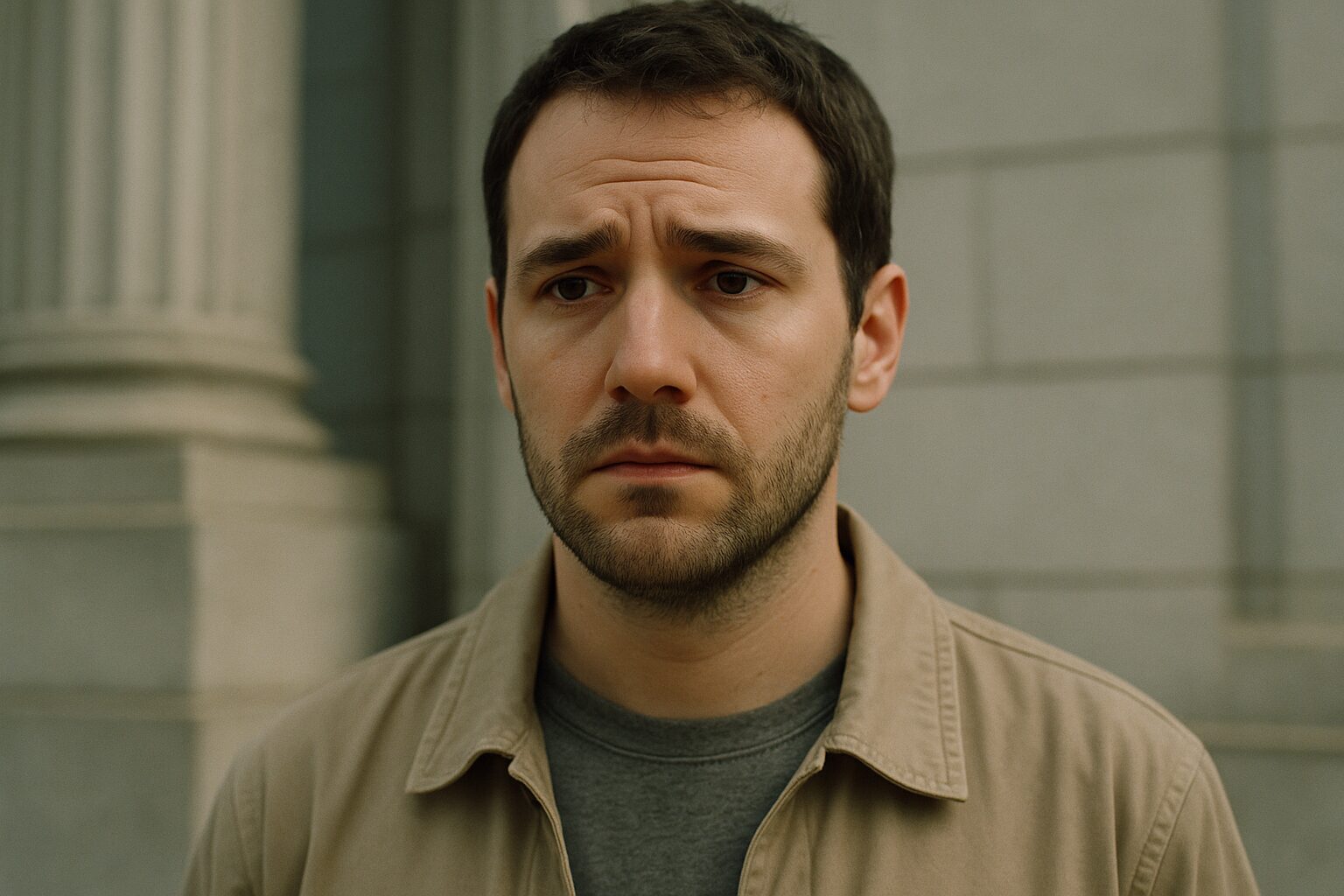Aggravated Assault Lawyer in Brampton

An aggravated assault charge is one of the most serious assault-related offences in Canada. If you’re facing this in Brampton or the surrounding Peel Region, you’re likely scared about what comes next—and with good reason. A conviction could mean years in prison, a permanent criminal record, and major impacts on your work, family, and future.
But remember: a charge is not a conviction. You deserve a fair chance and a strong defence. With the right legal support, you can challenge the allegations, protect your rights, and start moving forward.
What Is Aggravated Assault Under Canadian Law?
Under Section 268 of the Criminal Code, aggravated assault is defined as wounding, maiming, disfiguring, or endangering the life of another person. It goes far beyond simple or domestic assault—this is an indictable offence, and it comes with much steeper penalties.
Common examples include:
- A fight where someone suffers broken bones or internal injuries
- An attack involving a weapon that causes lasting harm
- An altercation that leads to disfigurement, such as scarring or burns
- Any act that puts the victim's life at serious risk
The Crown must prove not only that you assaulted someone, but that the injuries meet the legal standard of being “aggravated.”
Penalties for Aggravated Assault in Ontario
If convicted of aggravated assault, you could face:
- Up to 14 years in prison
- A lifelong criminal record
- Immigration and travel issues, including possible deportation for non-citizens
- Employment barriers, especially for roles requiring trust or security
- Firearms bans and DNA orders
How Aggravated Assault Differs from Other Assault Charges
Aggravated assault isn’t just about whether force was used—it’s about the outcome. Unlike simple assault, which may not involve injury, or domestic assault, which focuses on the relationship between the parties, aggravated assault is about the degree of harm caused.
Related pages you may want to explore:
Defending Aggravated Assault Charges: What Works
Every case is unique, but here are some of the strongest defence strategies I use for aggravated assault cases:
1. Self-Defence
You have the right to protect yourself or others. If the force used was reasonable given the threat you faced, you may be fully justified in your actions.
2. Lack of Intent
To be convicted, the Crown must prove that you intended to cause serious harm. If the injury was accidental or the situation escalated unpredictably, this could be a key part of your defence.
3. Identity Issues
Were you wrongly identified? Was there confusion about who was involved? If so, we can raise reasonable doubt.
4. Mutual Fight or Consent
In some situations, both parties willingly engaged in a fight. While this doesn’t excuse serious injury, it may impact how the case is treated.
5. Exaggerated or False Allegations
Not every accusation is accurate. Emotions run high in fights. Witnesses make mistakes. I look closely at the evidence, including injuries, statements, and surveillance footage.
6. Charter Violations
If your rights were breached—such as being denied access to a lawyer—we can argue to have evidence excluded.
What Happens After You're Charged
- Arrest or Summons: You may be taken into custody or receive paperwork to appear in court.
- Bail Hearing: The Crown may oppose release due to the seriousness of the charge.
- Disclosure: You’ll receive the evidence against you. This includes witness statements, photos, police notes, and medical reports.
- Pre-Trial and Resolution Discussions: I’ll meet with the Crown to explore your options.
- Trial or Alternative Resolution: Depending on the evidence, we may proceed to trial or negotiate for a lesser charge.
Alternative Outcomes and First-Time Offenders
- Downgrade the charge to a less serious offence, such as assault causing bodily harm
- Accept a peace bond (rare but possible in borderline cases)
- Recommend a suspended sentence or conditional discharge
Real Case Example
A client was charged with aggravated assault after a bar fight that led to serious facial injuries. Through surveillance footage and medical reports, we demonstrated that he was provoked and acted in self-defence. The charge was reduced to common assault, and he avoided jail time.
Why You Need a Lawyer Who Understands Serious Assault Cases
- I’ve defended clients across Brampton and Peel for over 30 years
- I give clear, honest advice—not scare tactics
- I handle your case directly, not a junior lawyer
- I fight for outcomes that keep you working, parenting, and living your life
FAQ: Aggravated Assault Charges in Ontario
Is aggravated assault always an indictable offence?
Yes. This means it’s treated more seriously than summary offences and can result in longer prison terms.
What’s the minimum sentence for aggravated assault?
Can the charge be dropped or reduced?
Will I go to jail if convicted?
It’s possible, especially if there are aggravating factors. But first-time offenders may receive alternative sentences.
What if I was defending myself or someone else?
How long will the case take?
Take the First Step Toward Your Defence

